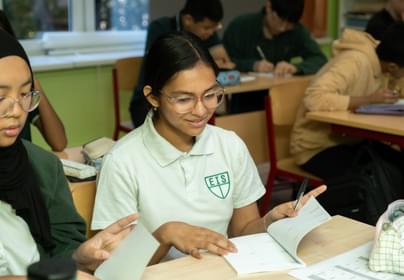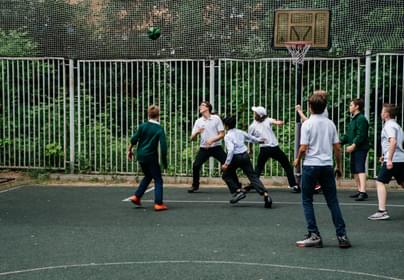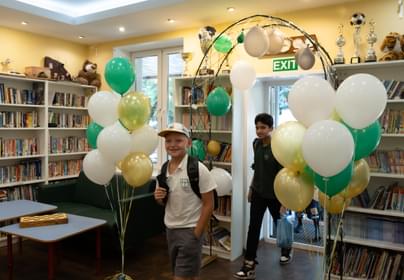YEAR 3
In English this week we have done a lot of work on phonics, comprehension and reading. We have focused our lessons on homophones, silent letters and prefixes. Maths has seen the children working with larger numbers using new strategies for adding 3- and 4-digit numbers, and multiplying within the times tables. In Science we have looked in depth about what makes a shadow and how the positions change, and what makes an object opaque, translucent and transparent. In Topic we have been creating our own inventions and researching the important inventors of the 20th century.
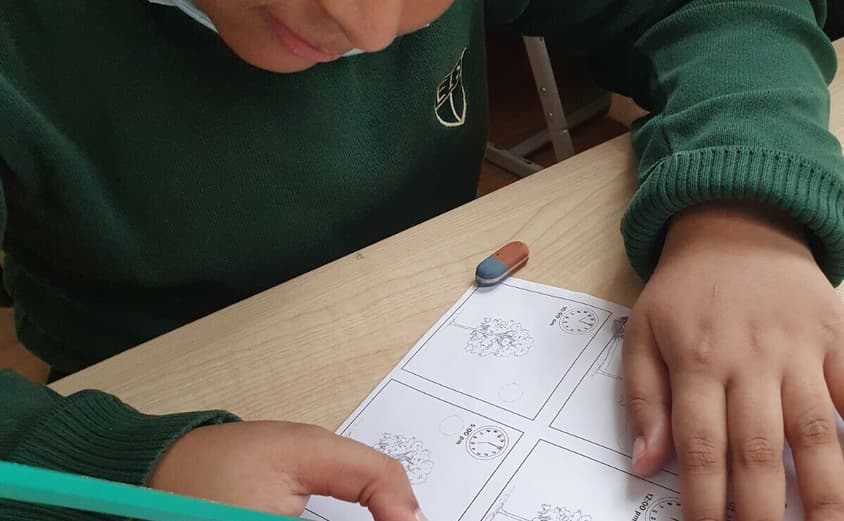
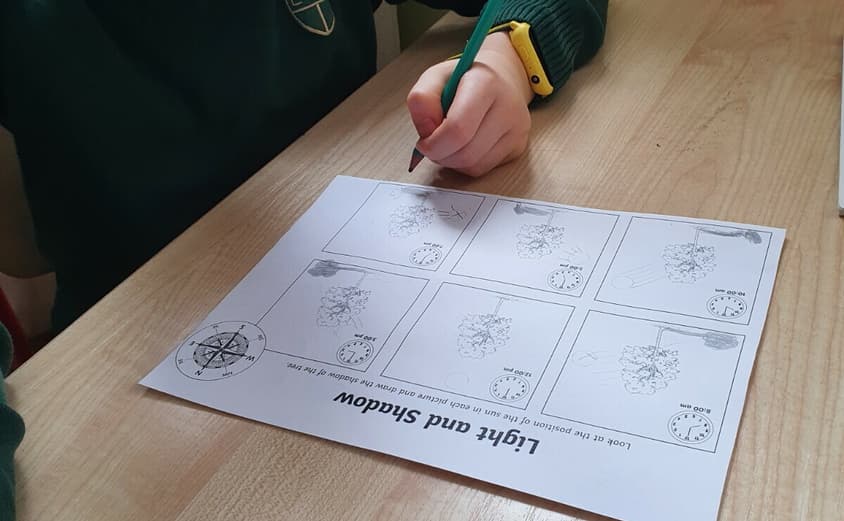
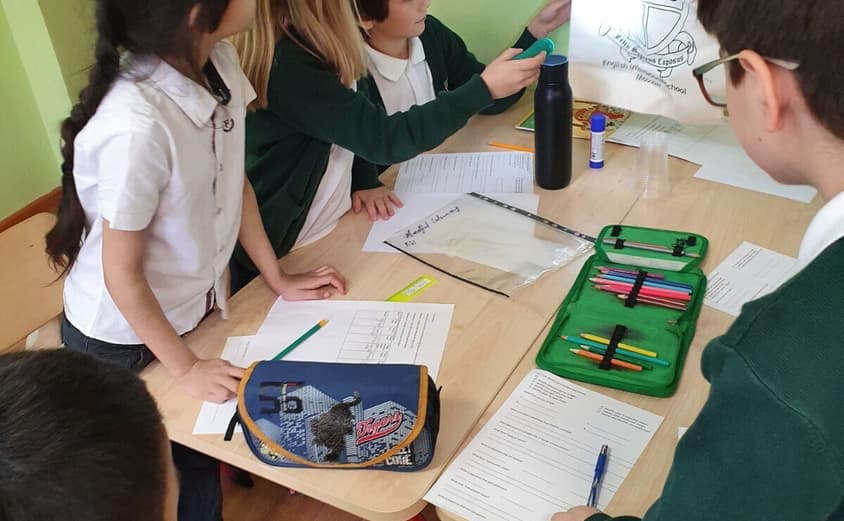
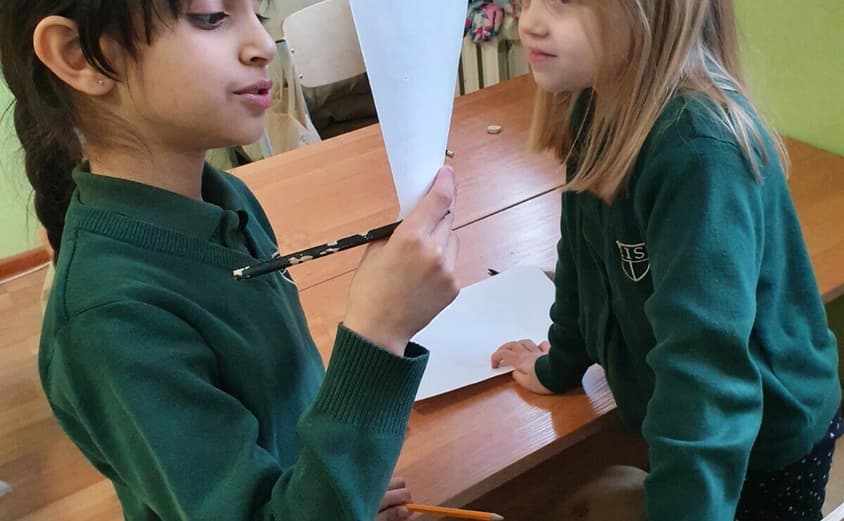
YEAR 4
The children in Year 4 are now fully settled back into school routines and have continued to carry out great work this week.
In English we have started our new non-fiction unit about journalistic report writing. We have learnt how to structure a journalistic report and use powerful language features to make it sound more exciting for the reader. Our class e-book is about exciting and unusual sports.
In Math, we have been learning about fractions. We have learnt how to simplify and find equivalent fractions using timetables knowledge and number patterns. We have also learnt how to find fractions of different amounts with differing numerators and denominators.
In Topic we started our new unit: ‘Royal Families’. We have learnt some basic information about Royal families and their origins. We have focused this week on identifying countries today that still have Monarchies using maps.
In Science we have continued our unit about ‘Human nutrition’. This week we learnt about the mouth organ and its role in the digestive system process. We learnt about the kinds of teeth we have and their different functions.
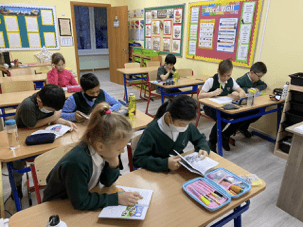
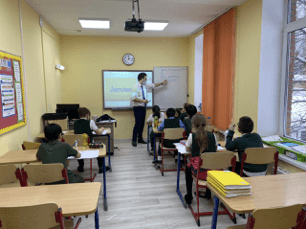
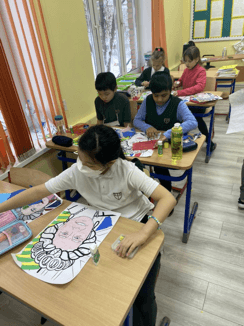
YEAR 5
Year 5 have had yet another busy and hard-working yet fun-filled week. In English, they completed their own independent reading on an animal or bird which migrates and created a fact page filled with factual information, illustrations and diagrams, written in their own words. I was delighted withthe finished results and very much enjoyed reading and marking the children’s work.
In Maths, we have been focusing on mental maths strategies and considering different ways of adding up to complete both addition and subtraction algorithms. It has been challenging but as always, the children have applied themselves fully to produce good results. In Science we started a new unit of work on Changing States of Materials and considered the different ways in which dry and wet materials can be separated. Our first practical lesson was a dry one indeed where the children had to separate the ingredients of a dry mixture using only bags and cups so effectively making their own sieves. They loved the challenge and some even managed to separate salt from sugar successfully.
Today, the children began to make their own ‘Me Box’ which they will decorate and then fill carefully with items which they can resort to and use when they need some much needed thinking time during our ongoing Covid stress.
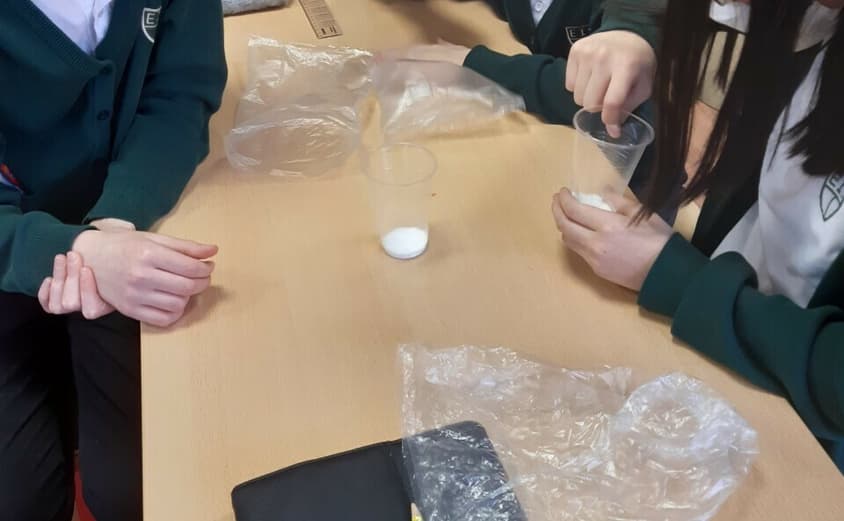

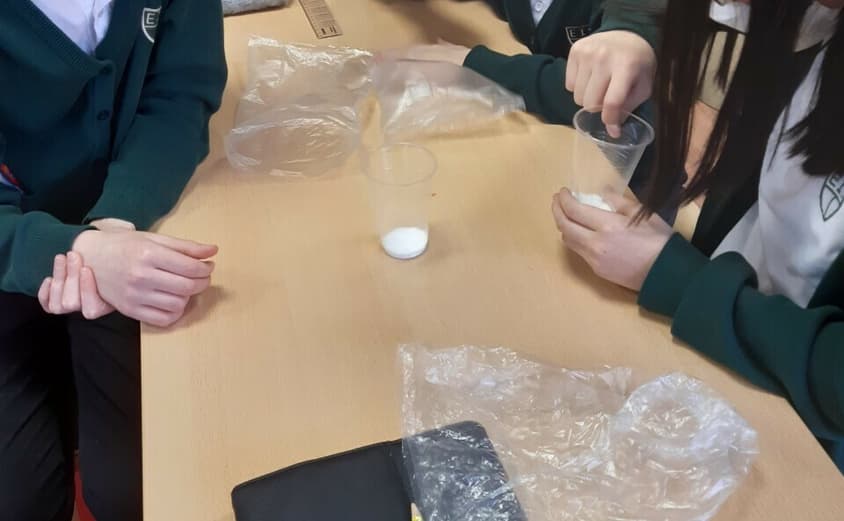
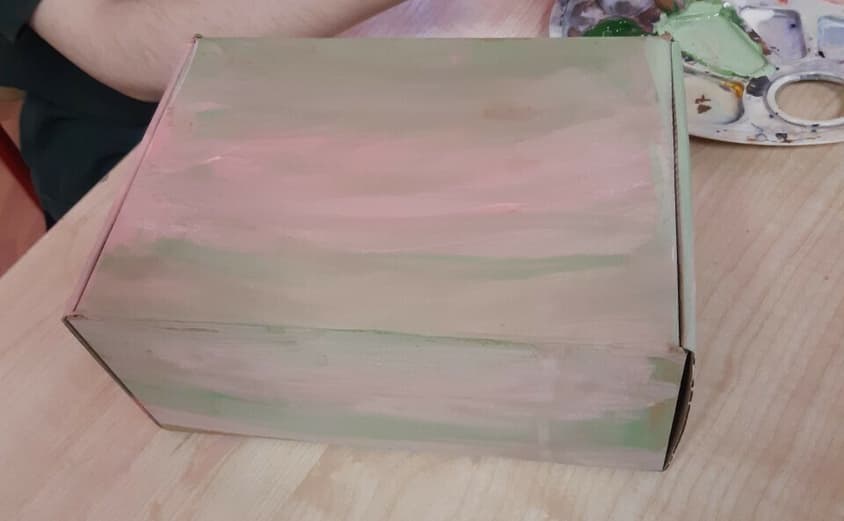
YEAR 6
We have been working very hard in Year 6. We have been learning Poetry in English and Mr. Marsh has given us many challenging styles of poetry to try, but we have been doing a great job. In Maths we have been learning how to multiply fractions, and when we finished our work, Mr. Marsh gave us extremely hard questions to try, but we did it, well most of them! It has been a lot of fun this week and we have been settling in to this new term very well.

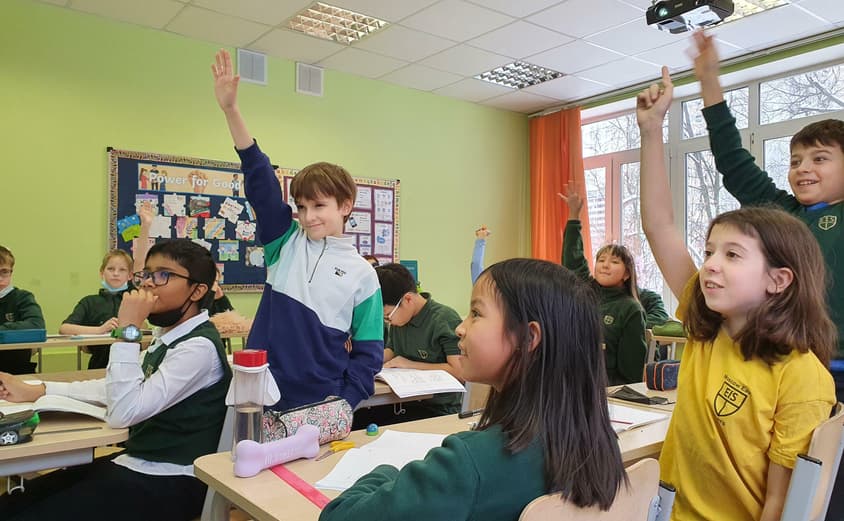
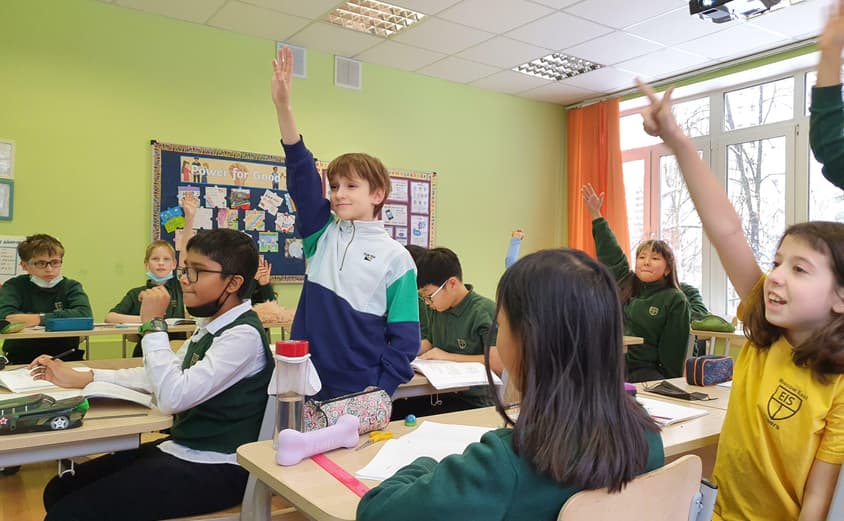
RUSSIAN NATIVE
It has been another engaging week in Year 3. The children have been working on topic "Types of Sentences". They analyzed some examples of interrogative, exclamation, and narrative sentences and came up with their own sentences. Also, the students wrote their first spelling dictation and showed excellent results.
Year 5 and 4 students studied about the sources of idioms and learned a lot of new interesting facts that they had never heard of before. Year 5 worked on the project, exploring the history of one of the ancient idioms. It was a great work!
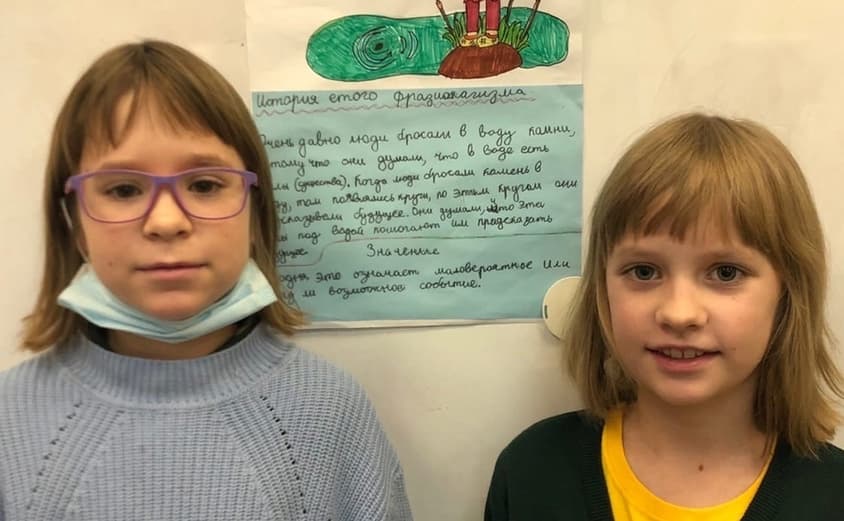

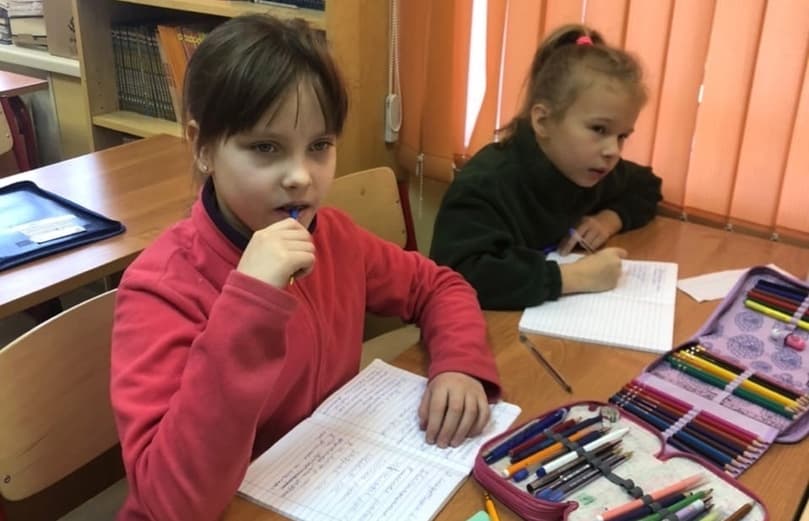
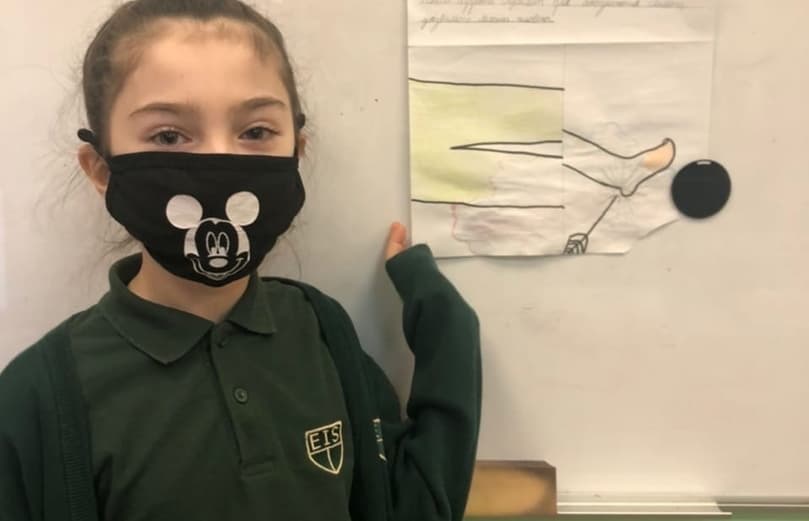

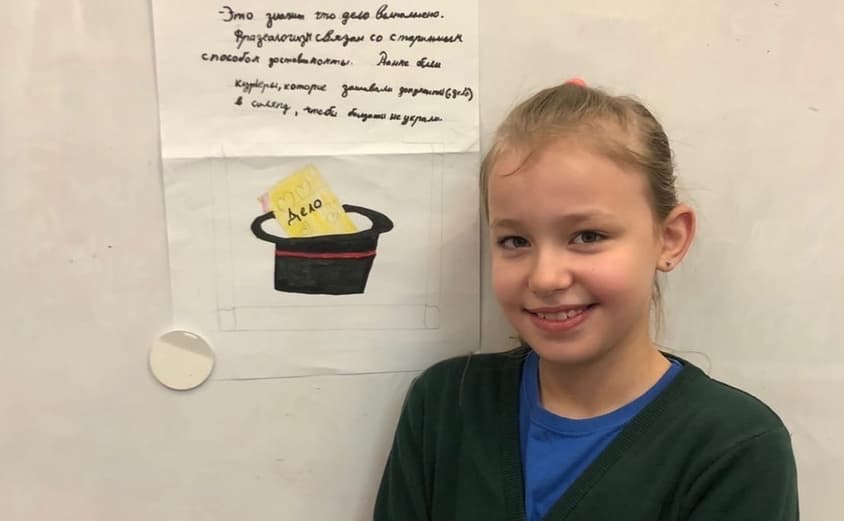
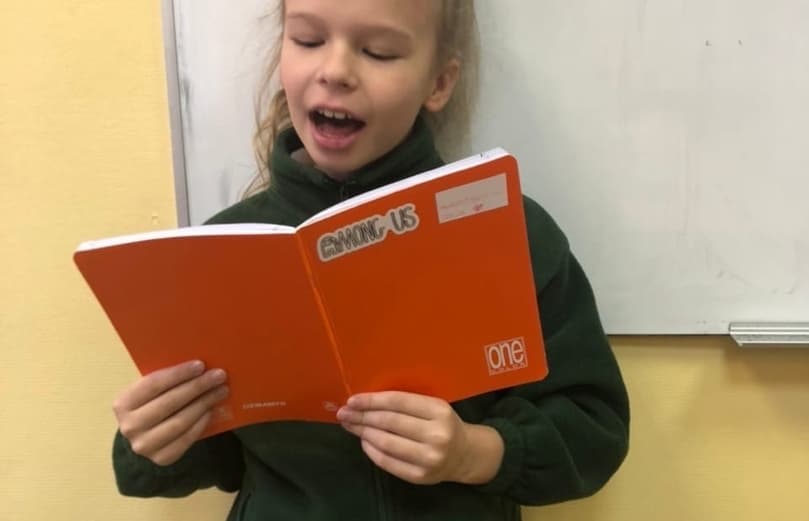

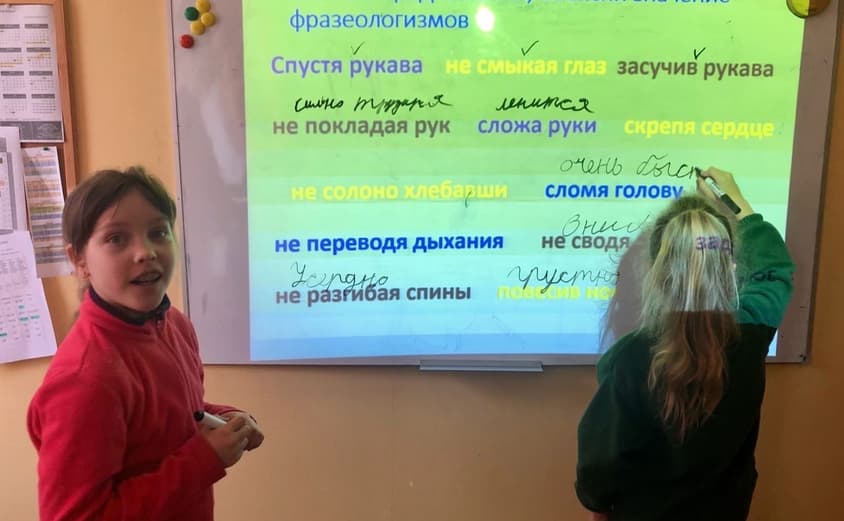
FRENCH
In primary, in year 3 and 4, we studied the calendar of the year and how to use correctly the vocabulary in French. First, we listened to a song about the days of the week, found the words on the board, spelled the days and put the 7 days in order : the 1st day is Monday etcThen, we studied the months and the seasons. To remember the vocabulary, they did some crosswords, had to find the vocabulary in a Mixed words. Finally they had to say and remember how to say in French the date of the day and the date of their birthday.
In primary in year 5 and 6, we studied a new topic : the ordinals numbers. We studied how to write correctly the ordinals numbers. First, we learnt the general rule : write a cardinal number and add "ième". However, it was not so easy. There are always exeptions and particulars cases. To be really independent in this topic, we studied the exceptions : how to write "cinquième" "neuvième", "quatrième" etc. To make the work easier, we used colours and we coloured cubes according to their positions.
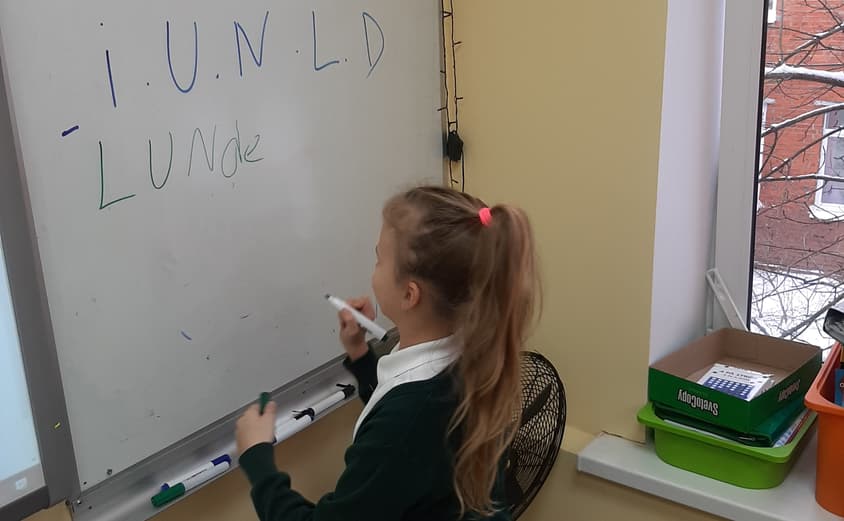
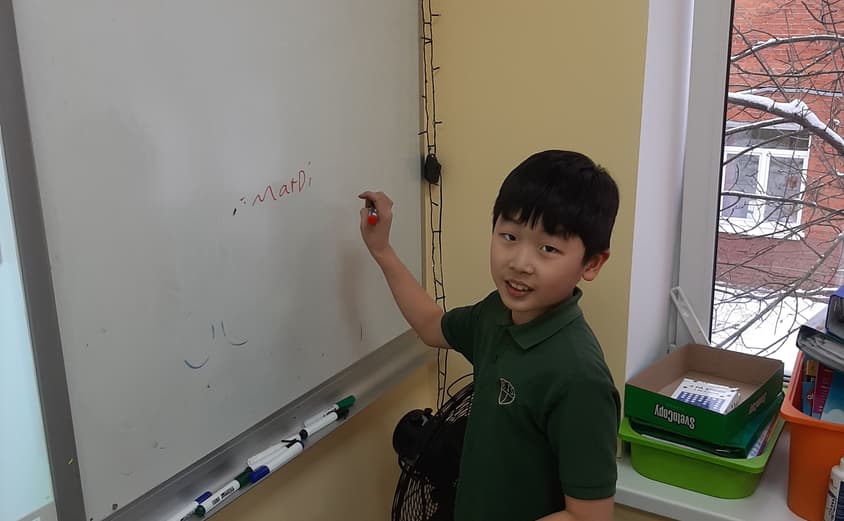
ART
Year 6 learned how to draw an eye realistically, how to use tone and line to create a great tonal drawing of the eye.
Year 5 were finishing their Gorodets painting and started a new Khokhloma art, a russian wood painting handicraft style and national ornament, known for its curved and vivid mostly flower, berry and leaf patterns.
Year 4 continued to work on their portrait of Elizabeth II, using a tissue paper to create a pop art project. It is a challenge for kids to use this art material as it admittedly can be quite fiddly to cut out shaped, but they are all trying hard and doing their best!
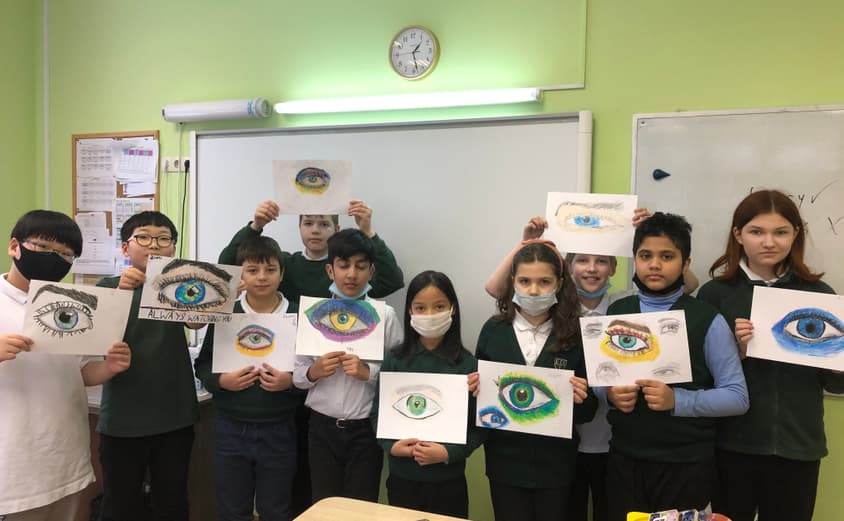

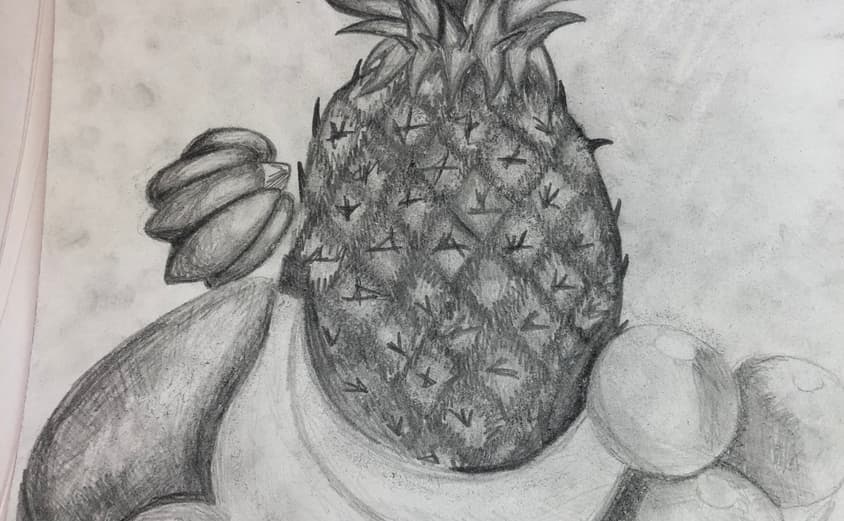




PE
During week we have been to worked with tennis ball. Where all children developed their throwing with precision skills. Also children showed great ability in catching. During dance part students performed very active and really enjoyed.

